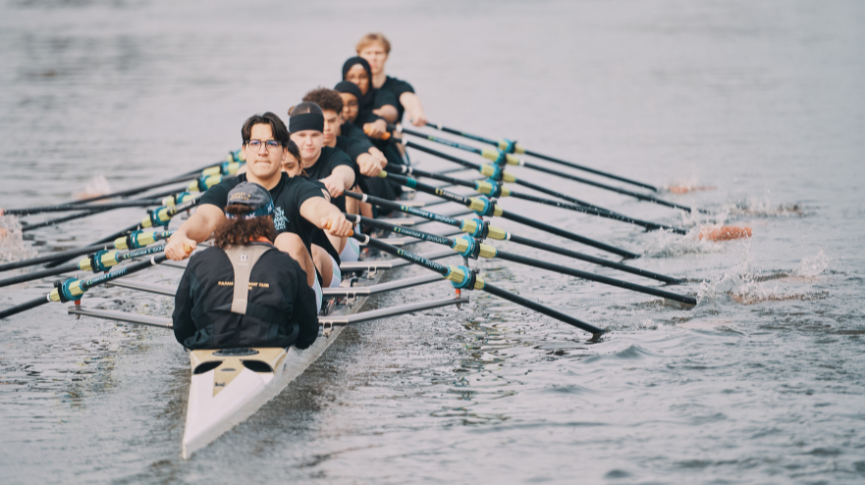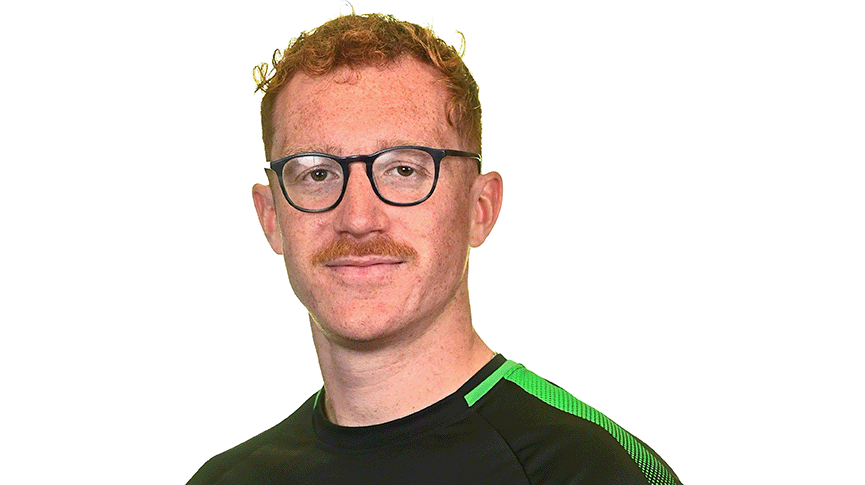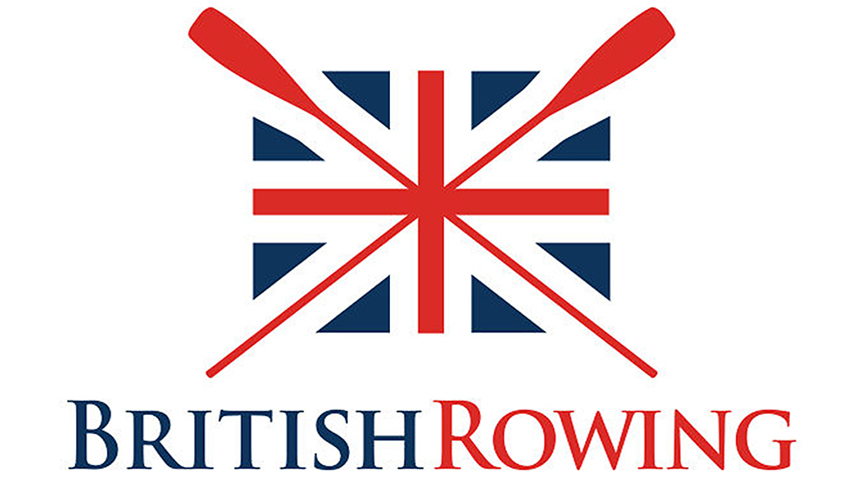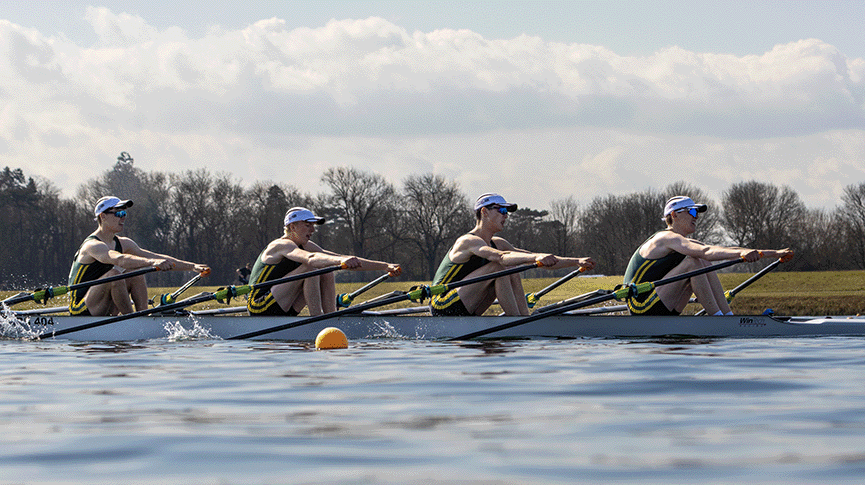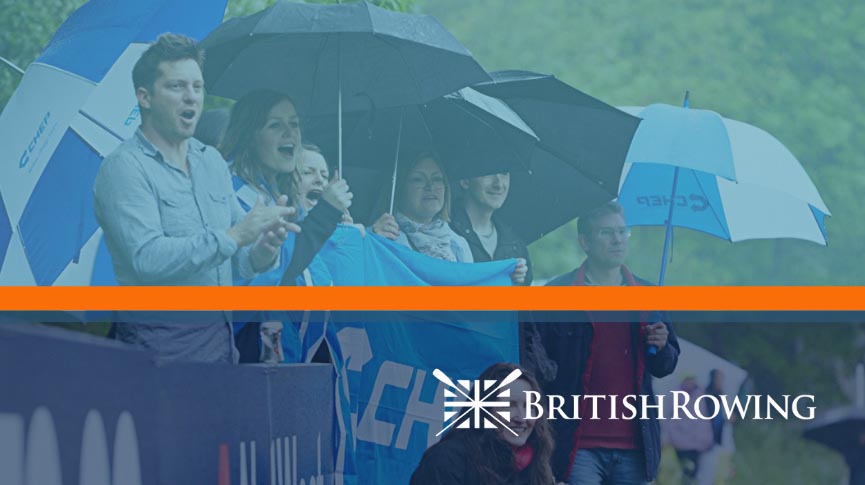Tips for coaches: planning a robust training programme
As the new season begins, how do you plan a robust training programme? Phil Gray from University of London BC provides five key tips
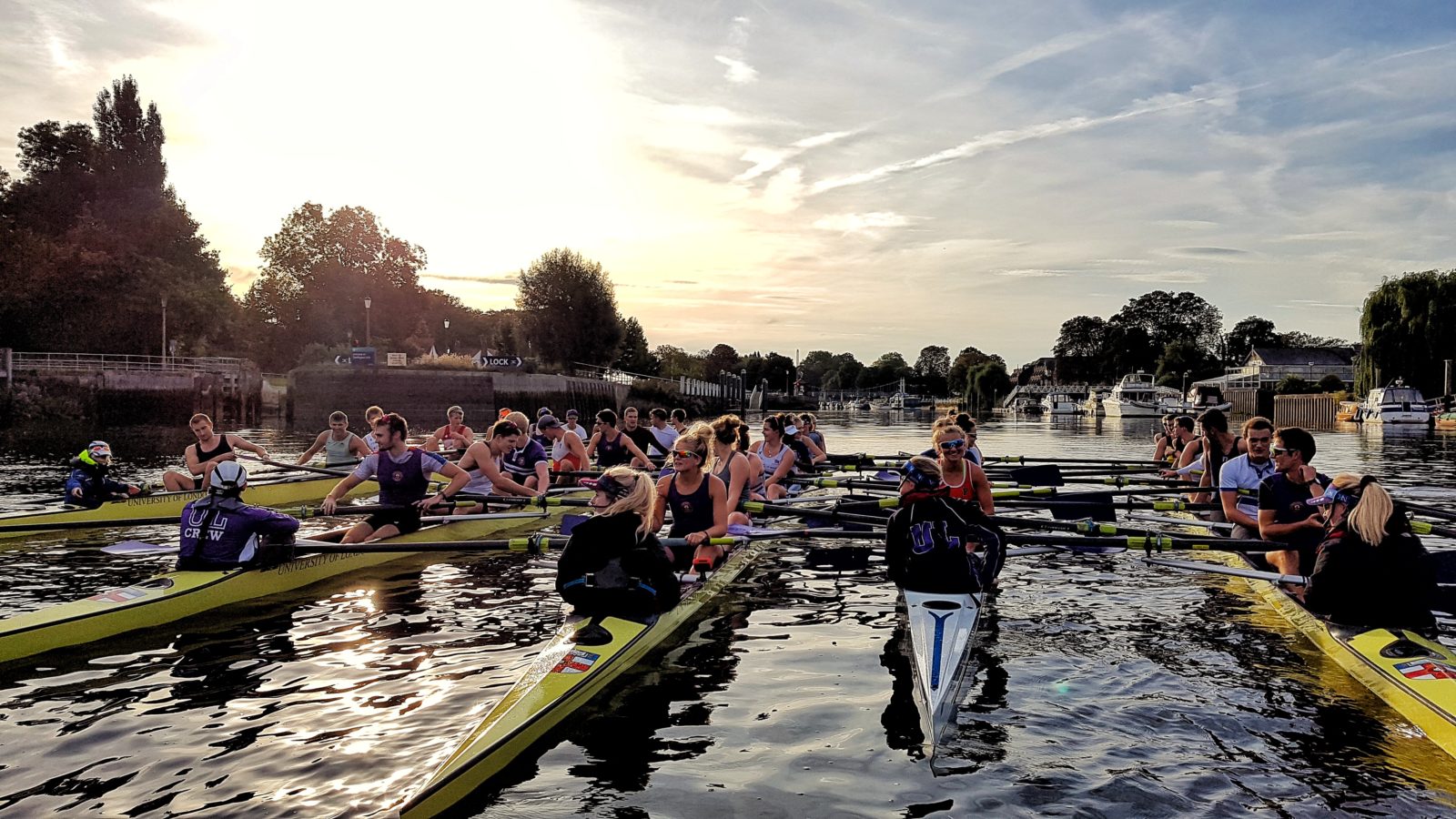
University of London BC
By Phil Gray, University of London BC chief coach
When I’m building a training programme I always try to keep one question in my mind, will it make the boat go faster? This helps me question each session, allowing each one to benefit our on-the-water performance and stops me from doing any sessions that won’t benefit boat speed.
Students have a limited amount of time and helping them to get maximum benefit from training helps them keep a balance between their academics and rowing. At the University of London Boat Club (ULBC) this is something we value very highly. Ultimately, the athletes are here to get a very good degree as well as row to a high level.
These are my five key tips for planning the programme at ULBC:
1 – Understand your athletes’ timetables
The rowers are juggling an awful lot of commitments and so the number of sessions planned needs to be sensible. There is no point in writing a programme involving 18 sessions a week when the athletes can only fit in 11. This will mean athletes cutting corners or missing out sessions and they will not get the benefit that was originally planned.
2 – Flexibility and individualisation
Every student is going to have a different timetable and different needs. At ULBC we want to make sure every athlete reaches their potential so we need to consider their individual needs.
If we have two medical students on an eight-week placement then even completing the full programme may be difficult. So we would have to reduce the sessions to an appropriate amount in order for each session to be done well, while still keeping the overall programme balanced. We do not want the athlete to be under recovered, as this would reduce performance.
When a rower has limited time available it is all about training smart. Sometimes they can cycle to lectures which can count as a session – while not using up any extra time. Consider also the timing of sessions – for instance, is it better for the athlete to train before or after lectures?
Being prepared as well with meals will mean athletes get the necessary fuel back in after a session, even if in a rush. Tupperware boxes are a must for any student or busy athlete!
3 – Physiology
One of the main contributing factors to boat speed is the athlete’s physical capacity. To improve this, we must take into account all aspects of physiology and so the programme will reflect this with a good mix of water sessions, strength and conditioning, rowing machine and cross training sessions. These will be designed to target specific areas of an athlete’s physiology to help them build on their strengths and also develop their weaknesses.
4 – Technical ability
Another main factor in boat speed is an athlete’s technical ability. You have to remember, especially at university level, that most of the athletes are still developing and so getting a balance between the physical training and their technical ability is very important. We use a good mix of small boats for technical development and big boats for crew development so the training programme should reflect this.
5 – Fun
Some rowing sessions are always going to be tough – not many people enjoy doing a 2k ergo test. If you can make the sessions enjoyable and motivate the athletes then this will help them maximise each session, especially through the cold winter months. Don’t be afraid of staying in the gym if the weather is awful outside. You can get a high level of quality training done inside and this does not have to impact on the technical ability. Using sliders for Concept2 or Rowperfect rowing machines, joined together, can help develop crew cohesion while avoiding horrible river conditions.
Monitor and review
There’s no point in spending time to carefully plan a programme if you never review it. Remember to monitor and assess the outcomes in order to make any necessary adjustments for the new season’s programme. Did your athletes achieve their outcomes? If not, why not? What needs adjusting this season?
At ULBC we use an online programme called Rowe.rs to record and evaluate all our training. From ergo times to water pieces, from heart rates and lactate readings to GPS data, we can store all our data in one place. We can also see statistics about illness and injury, through to programme adherence. By combining all this data, we can get an idea of whether the athletes are coping with their programme and if we are seeing the desired improvements.
One good feature of Rowe.rs is that it gives you reports on each individual athlete so you can review their progress at set periods of the year and then make any interventions that may be needed.
If an athlete is not moving forwards we need to look at what could be causing this. Often it’s a case of meeting with them to find the solution as there may be other factors affecting their development, such as academic pressures. Once we rule out these other factors we can then start to make changes in their programme to try and stimulate development.
Phil Gray is chief coach at ULBC. Follow ULBC @Univ_of_Lon_BC on Twitter and at @ULBC on Instagram.



